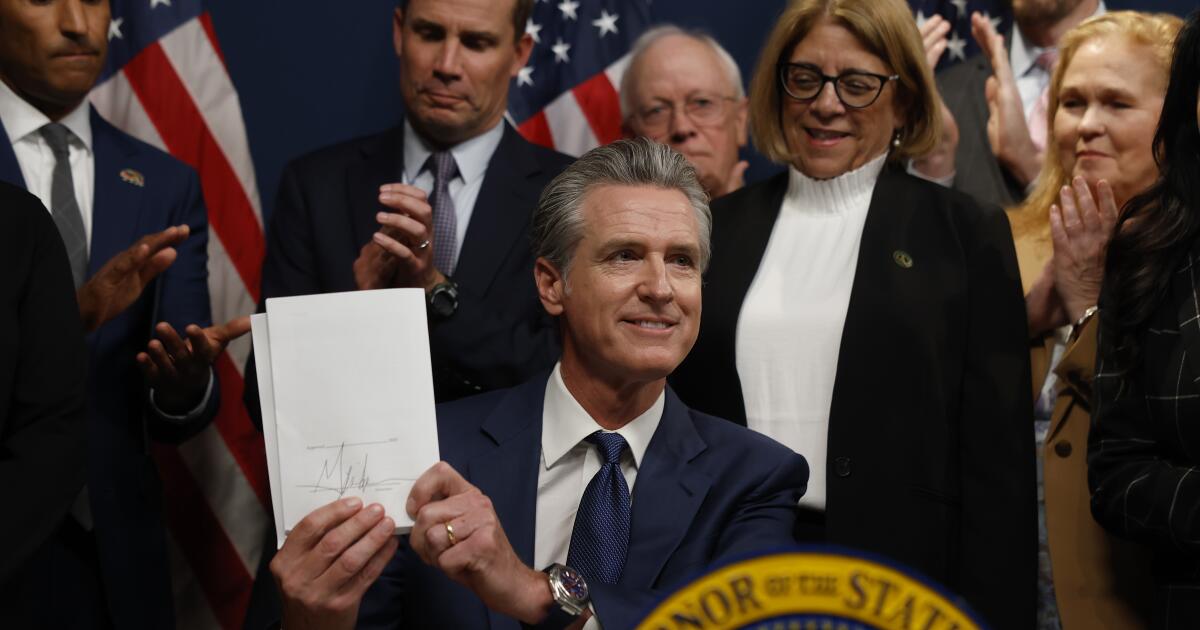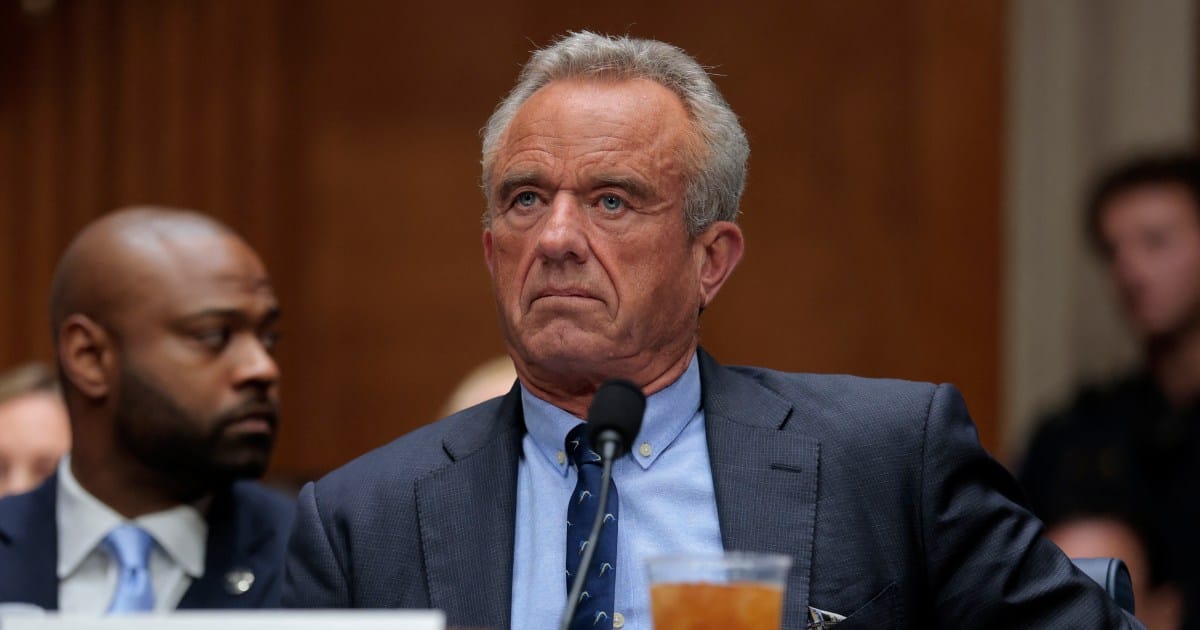Inaccurate congressional maps mailed to voters for November election
Californians were mailed inaccurate voter guides about the November special election asking them whether to redraw congressional district boundaries, according to the secretary of state’s office. The state agency announced that it would mail postcards correcting the information to voters, which is likely to cost millions of dollars.
“Accuracy in voter information is essential to maintaining public trust in California’s elections,” said Secretary of State Shirley Weber. “We are taking swift, transparent action to ensure voters receive correct information. This mislabeling does not affect proposed districts, ballots, or the election process; it is solely a labeling error. Every eligible Californian can have full confidence that their vote will be counted and their representation is secure.”
The voter guide was sent to California registered voters about Proposition 50, a ballot measure championed by Gov. Gavin Newsom and other state Democrats to try to boost the number of Democrats in Congress. The proposal was in response to Texas and other GOP-led states trying to increase the number of Republicans in the House at the behest of President Trump to enable him to continue to enact his agenda during his final two years in office.
The special election will take place on Nov. 4, but voters will begin receiving mail ballots in early October.
On page 11 of the voter guide, a proposed and hotly contested congressional district that includes swaths of the San Fernando and Antelope valleys and is currently represented by Rep. George Whitesides (D-Agua Dulce) was mislabeled as Congressional District 22. However, on more detailed maps in the voter guide, the district is properly labeled as District 27.
“It is unfortunate that it was incorrect on the statewide map in the voter guide,” said Paul Mitchell, the Democratic redistricting expert who drew the new proposed congressional districts. “But the important thing is it is correct in the L.A. County and the Southern California maps,” allowing people who live in the region to accurately see their new proposed congressional district.
There are 23 million registered voters in California, but it’s unclear whether the postcards will be mailed to each registered voter or to households of registered voters. The secretary of state’s office did not respond to a request for comment Tuesday evening.
Even if the corrective notices are mailed to voter households rather than individual voters, the postage alone is likely to be millions of dollars, in addition to the cost of printing the postcards. The special election, which the Legislature called for in August, was already expected to cost taxpayers $284 million.
Opponents of Proposition 50 seized upon the error as proof that the measure was hastily placed on the ballot.
“When politicians force the Secretary of State to rush an election, mistakes are bound to happen,” said Amy Thoma, a spokesperson for one of the campaigns opposing the effort. “It’s unfortunate that this one will cost taxpayers millions of dollars.”
Former state GOP Chairwoman Jessica Millan Patterson, who leads another anti-Proposition 50 campaign supported by congressional Republicans, added that such mistakes were inevitable given how quickly the ballot measure was written and the special election was called.
“The Prop. 50 power grab was rushed through so fast by greedy politicians that glaring mistakes were made, raising serious questions about what else was missed,” she said. “California taxpayers are already on the hook for a nearly $300 million special election, and now they’re paying to fix mistakes too. Californians deserve transparency, not backroom politics. Secretary Weber should release the cost of issuing this correction immediately.”
The campaign supporting the ballot measure did not respond to requests for comment.

